Top Banquet Halls in New Jersey for Weddings, Corporate & Parties
Finding the right banquet hall in New Jersey means balancing guest capacity, venue type, budget, and the services that shape the guest experience. This guide explains what banquet halls are, why regional differences matter across Northern, Central, Southern New Jersey and the Jersey Shore, and how to match event goals—weddings, corporate gatherings, and social celebrations—to the right event space. Many planners struggle with unclear package details, AV and hybrid-event capability, and how to compare country-club settings versus waterfront estates; this guide solves those pain points with clear decision criteria and practical checklists. You will get a tour of common venue types, a breakdown of key amenities and accessibility features, transparent cost drivers and package options, plus touring questions and trend notes for hybrid and sustainable events. Read on for region-by-region guidance, EAV comparison tables of amenities and packages, and actionable lists to shorten your shortlist and prepare productive venue visits.
What Types of Events Can You Host at a Banquet Hall in New Jersey?
A New Jersey banquet hall is an event venue designed to host a wide variety of functions by offering flexible spaces, catering options, and event services that meet different needs. These venues support events by providing coordinated logistics, AV capabilities, and service staff so guest experience and flow are reliable from arrival through cleanup. Choosing the right type of banquet hall depends on guest count, formality, and technical needs, and selecting the correct layout or room type directly impacts food service, entertainment, and ceremony flow. Below are common event types to help you decide which venue attributes matter most for your occasion.
New Jersey banquet halls commonly host the following event types and succinct use cases:
- Weddings and receptions: Venues provide ceremony spaces, bridal suites, and a reception ballroom or garden for photos and dining.
- Corporate meetings and conferences: Spaces configured for theater, classroom, or breakout sessions with AV and reliable internet.
- Fundraisers and galas: Large-capacity ballrooms with staging, lighting, and formal catering service options.
- Birthday parties and milestone celebrations: Flexible private rooms or ballrooms with family-friendly catering and entertainment space.
- Cultural ceremonies and religious gatherings: Venues that accommodate specific traditions with appropriate seating and catering accommodations.
- Rehearsal dinners and showers: Smaller dining rooms or terraces suited for intimate gatherings and pre-event hospitality.
These event types highlight the need to assess space configuration, AV and catering capabilities, and guest flow; the next subsection explains how wedding venues commonly structure those elements.
How Are Wedding Venues in New Jersey Designed for Your Special Day?
Wedding venues in New Jersey are typically designed with separate ceremony and reception flow to optimize guest experience, photography, and food service logistics. The mechanism is clear: dedicated ceremony sites (indoor or outdoor) separate from reception ballrooms prevent cross-traffic and allow caterers to stage food efficiently, producing a smoother evening for guests. Venues often include a bridal suite and groom’s room, timed kitchen service windows, and preferred-vendor policies that affect décor and setup. When touring, ask about ceremony logistics, backup plans for outdoor ceremonies, and how vendor load-in/load-out is scheduled to reduce bottlenecks during the day.
Understanding ceremony/reception separation leads directly to a review of corporate and business-capable spaces, which have different layout and AV priorities.
What Makes Corporate Event Venues in NJ Ideal for Business Gatherings?
Corporate event venues in New Jersey excel when they pair configurable meeting rooms with robust AV, strong Wi-Fi, and on-site catering that supports plated meals and coffee breaks. The key reason this works is that business gatherings require repeatable technical reliability—projectors, livestream capabilities, and breakout spaces—to facilitate presentations and networking without disruption. Planners should request bandwidth figures, microphone and camera options, and staged layouts such as theater, classroom, and roundtable configurations. Confirming these technical and layout details ahead of time reduces last-minute issues and improves attendee engagement during the event.
Reliable AV and layout planning naturally segue into the options suitable for social parties and milestones, which prioritize entertainment and family-friendly amenities.
Which Party Venues in New Jersey Suit Social Celebrations and Milestones?
Party venues in New Jersey typically offer open-floor ballrooms, private dining rooms, and outdoor terraces that prioritize entertainment, flexible catering, and age-appropriate amenities for guests. These venues succeed when they provide clear space for DJs or bands, dance floors, and accessible routes for family members and vendors, which together create an environment suited to festivities and guest circulation. When planning, consider how the venue handles noise restrictions, late-night policies, and whether children’s menus or activity zones are available. Verifying those operational details before booking ensures the celebration runs smoothly and keeps guests comfortable.
Assessing party logistics and family accommodations prepares you to evaluate core venue features and amenities next.
What Key Features and Amenities Should You Expect from NJ Banquet Hall?
A banquet hall in New Jersey combine physical spaces and services to deliver events that align with organizer goals; key features include ballrooms, outdoor gardens, private rooms, bridal suites, and on-site catering that together shape the guest experience. These components work together: the ballroom sets capacity and atmosphere; gardens provide ceremony backdrops; private rooms allow intimate gatherings; and bridal suites support vendor staging. Expect venues to offer basic AV, climate control, and ADA-compliant access as a standard, while premium amenities like on-site event coordination or customizable menus are differentiators. Below is a compact comparison that clarifies amenity availability, typical details, and why each item matters to event planners.
| Amenity | Typical Availability / Details | Practical Impact for Planners |
|---|---|---|
| Ballroom | Large indoor space with variable layouts, basic AV included | Central hub for reception, high-capacity seating, weather-proof |
| Bridal suite | Private dressing room with mirrors and seating | Facilitates vendor access and staged photos, reduces prep-time stress |
| Outdoor garden / lawn | Seasonal use, often with ceremony setup and contingency plan | Scenic photos and ceremonies; requires backup plan for weather |
| On-site catering kitchen | Full service or banquet kitchen; tasting options may be offered | Streamlines food service and timing; affects menu flexibility |
| Parking / valet options | Varies by venue; suburban venues typically offer larger lots | Influences guest arrival experience and transportation planning |
This EAV-style table shows which amenities matter operationally and why; the next paragraph explains how specific room types affect flow and guest experience.
How Do Ballrooms, Outdoor Gardens, and Private Rooms Enhance Your Event?
Different spaces—ballrooms, outdoor gardens, and private dining rooms—serve distinct purposes by shaping circulation, atmosphere, and technical needs for events. Ballrooms enable high-capacity seating, staging, and integrated lighting, which benefits formal dinners and galas through consistent service flow and controlled acoustics. Outdoor gardens provide natural backdrops that enhance photography and ceremonial ambiance but require contingency plans and often additional rentals for sound and shelter. Private rooms and terraces offer intimacy for rehearsals, showers, or corporate breakout sessions where quieter conversation and focused service are priorities. When choosing, weigh aesthetics against logistics such as restroom proximity, vendor access, and backup arrangements.
Room-type trade-offs lead into the practical considerations around catering and event planning services available at venues.
What Catering and Event Planning Services Are Available at NJ Venues?
Most New Jersey banquet halls offer a range of catering models—in-house catering, preferred vendors, or limited outside-caterer options—with menu customization, tastings, and dietary accommodations available under specific packages. In-house catering simplifies coordination because the venue controls timing, staffing, and plate service standards, while preferred-vendor lists offer flexibility with some oversight. Event planning services vary from day-of coordination included in packages to full-service planning add-ons that handle vendor sourcing and timeline management. Confirm tasting policies, menu substitution options for allergies, and whether service charges or gratuities are separate line items to avoid surprises during final billing.
Knowing catering models naturally leads to a checklist of accessibility and comfort features you should confirm during tours.
Which Accessibility and Comfort Features Are Standard in New Jersey Banquet Halls?
Accessibility and comfort features commonly include ADA-compliant entrances and restrooms, climate-controlled ballrooms, ample parking or valet, and family-friendly accommodations such as stroller access or changing spaces. These features matter because they affect guest inclusivity, ease of movement, and overall comfort during long events; ADA-compliant ramps and elevators are essential for guests with mobility needs. Ask venues about restroom counts relative to guest capacity, coat-check availability, and how climate control is managed across indoor/outdoor transitions. Verifying these practical features during an initial tour prevents guest-flow bottlenecks and improves the overall attendee experience.
After confirming amenities and accessibility, it’s important to understand how geographical location and venue type influence your choice, which is explored next.

